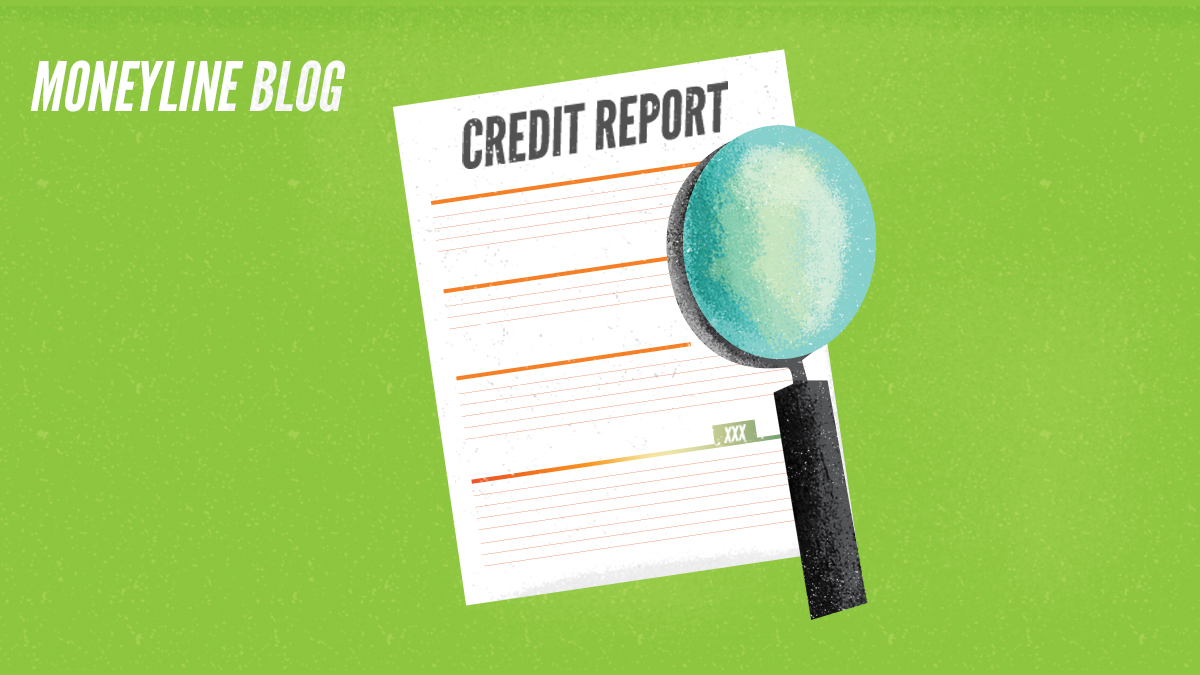Building a healthy credit history and improving your score takes time, but the sooner you address the issues that may be lowering it, the faster your score may go up. Review our guide below on how you can get on the right track to improve your credit score.

How Credit Scores Are Calculated
A credit score is calculated based on information reported to the three major credit bureaus – Equifax, TransUnion, and Experian. There is no standard scoring system used by all lenders or financial institutions. However, certain credit scoring models, such as the FICO score, are very common across the lending industry. The FICO score ranges from 300, which is considered very poor credit, to 800 or above, which is considered high or excellent credit. The PFCU Credit Assessment Calculator provides an estimate of your credit score based on factors such as loan payments and mortgage payments.
Below are five tips you can use to improve your credit score.
Pay Your Bills on Time
When lenders review your credit report and request your credit score, they’re typically interested in how often you pay your bills. It’s important to pay all of your bills (specifically loans and credit cards) on time. By doing so, you’re showing lenders that you’re reliable, because your payment record is consistent and in good standing. Most payment and billing services have an auto-pay feature where your payment is automatically deducted from your checking account on a set date. Consider enabling that feature to help keep yourself on track with your payments.
Pay Your Balance in Full Every Month
If you pay your balance off in full every month you will never pay interest! If you’re unable to pay in full each month, you should aim to pay more than you spend. If you only make the minimum payment due each month, you will end up paying more towards interest than towards your actual balance. If you only pay the minimum and continue to spend more than the minimum payment, you will never pay off your debt.
Keep Your Utilization Rate Low
Plan for emergencies by consistently saving every time you get paid. If you have access to your savings in case of an emergency, you will not need to rely on credit cards. Setting a goal to keep your utilization rate below 30 percent on your credit card can improve your credit score in the long-term.
Avoid Applying for Too Many Lines of Credit
Opening a new credit card or applying for a new loan isn’t necessarily a bad thing, but the act of applying for any line of credit requires lenders to analyze your credit report, which in turn creates a “hard inquiry” on your report. If you have too many hard inquiries on your report, this can damage your score in the short-term. However, these inquiries will drop from your report after about two years.
Dispute Inaccuracies on Your Credit Reports
Since your credit score can fluctuate, you should check your credit report at all three credit reporting bureaus for any inaccuracies. Annualcreditreport.com allows you to check your reports for free. By checking your reports often, you’ll be able to verify that the accounts listed on your reports are correct and fix any incorrect information that is negatively impacting your score. If you do identify any errors you can dispute them immediately.
Credit and credit cards can be intimidating. If you aren’t aware of the potential risks associated with them, it can negatively affect your credit score and your ability to take out a loan, rent an apartment, or even get a job. It takes time, consistency, and patience in order to see significant improvements to your score, but by paying your bills on time, saving for an emergency, not overspending, and keeping a close eye on your utilization rate, you can be on the path to financial success.

Erin Ellis
Accredited Financial Counselor ®
Philadelphia Federal Credit Union
eellis@PFCU.COM